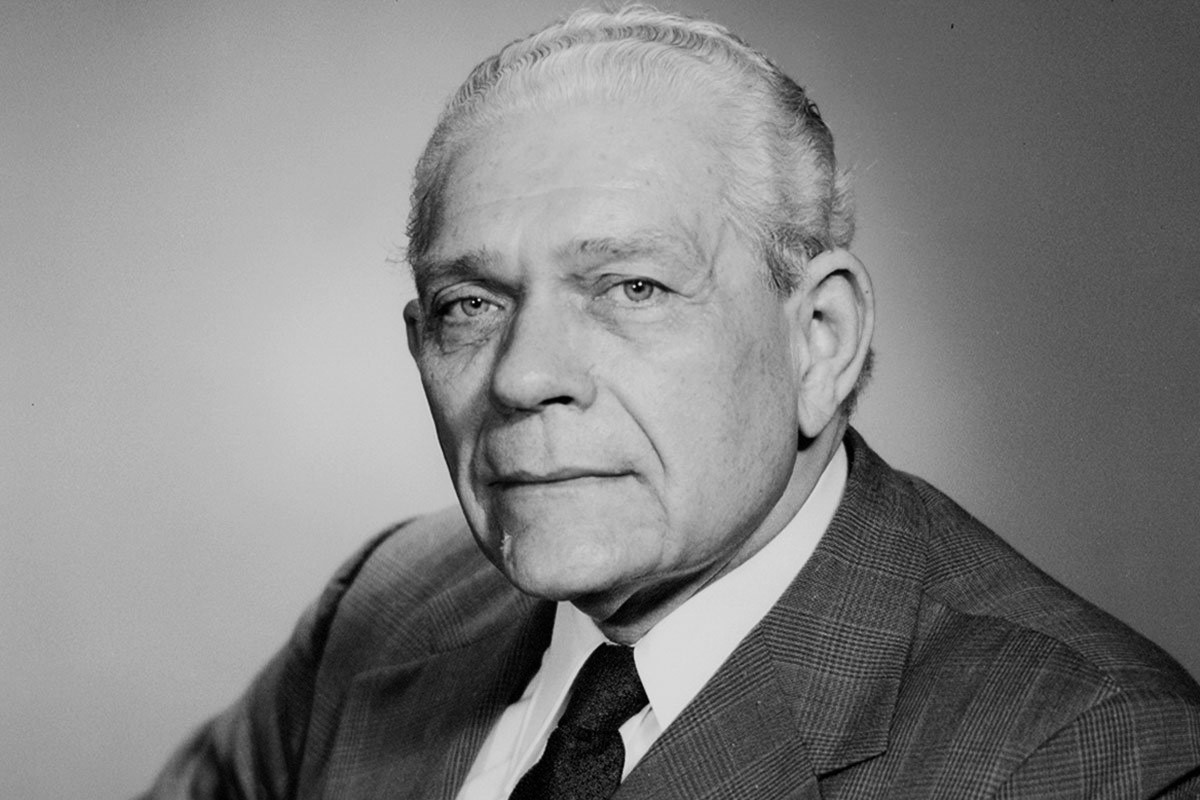
Who was Clay Shaw? Clay Shaw was a prominent New Orleans businessman and the only person ever prosecuted for the assassination of President John F. Kennedy. Born in 1913, Shaw served in World War II before becoming a successful real estate developer and director of the International Trade Mart in New Orleans. His life took a dramatic turn in 1967 when District Attorney Jim Garrison accused him of being part of a conspiracy to kill JFK. Despite being acquitted in 1969, Shaw's trial remains one of the most controversial episodes in American legal history. Intrigued by the mystery surrounding Clay Shaw? Let's dive into 35 fascinating facts about his life, career, and the infamous trial that forever changed his legacy.
Key Takeaways:
- Clay Shaw, a New Orleans businessman, was accused of conspiring to assassinate President Kennedy. Despite his acquittal, his trial remains a controversial and intriguing part of American history.
- Shaw's life and trial have sparked ongoing debates and cultural fascination, contributing to the enduring legacy of the JFK assassination and the complexities of historical events.
Who Was Clay Shaw?
Clay Shaw, a New Orleans businessman, became a significant figure in American history due to his connection with the investigation into President John F. Kennedy's assassination. His life and the subsequent trial have intrigued many.
- Clay Shaw was born on March 17, 1913, in Kentwood, Louisiana.
- He served in the U.S. Army during World War II, reaching the rank of major.
- Shaw was a successful businessman, known for his work in the International Trade Mart in New Orleans.
- He was also a playwright, with several of his plays performed in local theaters.
- Shaw was openly gay, which was rare and controversial during his time.
The JFK Assassination Connection
Clay Shaw's name became widely known due to his alleged involvement in the JFK assassination conspiracy. Here are some key facts about his connection to this historic event.
- In 1967, New Orleans District Attorney Jim Garrison arrested Shaw, accusing him of conspiring to assassinate President Kennedy.
- Shaw was the only person ever brought to trial for the assassination.
- Garrison's case was largely based on the testimony of a single witness, Perry Russo.
- Shaw was accused of using the alias "Clay Bertrand" in the conspiracy.
- The trial began in January 1969 and lasted for about a month.
The Trial and Acquittal
The trial of Clay Shaw was a significant event, drawing national attention. Here are some important details about the trial and its outcome.
- Shaw's defense team included prominent attorneys F. Irvin Dymond and Edward Wegmann.
- The prosecution's case relied heavily on circumstantial evidence and the testimony of Perry Russo.
- Shaw consistently denied any involvement in the assassination plot.
- On March 1, 1969, the jury acquitted Shaw after less than an hour of deliberation.
- Despite his acquittal, Shaw's reputation suffered greatly due to the trial.
Post-Trial Life
After the trial, Shaw's life took several turns. Here are some facts about his life after the acquittal.
- Shaw filed a lawsuit against Jim Garrison for malicious prosecution.
- The lawsuit was dismissed in 1971, but Shaw continued to seek legal redress.
- Shaw's health declined after the trial, and he suffered from lung cancer.
- He passed away on August 15, 1974, at the age of 61.
- Shaw was buried in Woodland Cemetery in Kentwood, Louisiana.
Legacy and Controversy
Clay Shaw's legacy remains controversial, with many still debating his involvement in the JFK assassination. Here are some facts about his enduring legacy.
- Oliver Stone's 1991 film "JFK" portrayed Shaw as a key figure in the conspiracy, played by actor Tommy Lee Jones.
- The film reignited public interest in Shaw's trial and the assassination.
- Some researchers believe Shaw was innocent and a victim of Garrison's overzealous investigation.
- Others argue that Shaw's connections to the CIA and anti-Castro activities suggest a deeper involvement.
- Shaw's case remains a topic of discussion among historians and conspiracy theorists.
Connections to the CIA
Clay Shaw's alleged connections to the CIA have fueled much speculation. Here are some facts about these connections.
- Shaw was reportedly a part-time contact for the CIA, providing information on international trade.
- The CIA admitted to having a "domestic contact service" file on Shaw.
- Some believe Shaw's CIA connections were exaggerated by Garrison to bolster his case.
- Shaw's involvement in anti-Castro activities has also been linked to his alleged CIA connections.
- Despite these connections, no concrete evidence has proven Shaw's direct involvement in the assassination.
Cultural Impact
Clay Shaw's story has had a lasting impact on American culture and the way we view historical events. Here are some facts about this cultural impact.
- Shaw's trial highlighted the complexities of the JFK assassination investigation.
- The case has been referenced in numerous books, documentaries, and films.
- Shaw's story has contributed to the ongoing fascination with conspiracy theories.
- The trial raised questions about the fairness of the legal system and the power of district attorneys.
- Shaw's life and trial continue to be studied by historians, legal scholars, and conspiracy theorists alike.
Final Thoughts on Clay Shaw
Clay Shaw's life was a mix of mystery and intrigue. Known for his involvement in the New Orleans business scene, he also became a central figure in the JFK assassination investigation. Shaw's trial, led by District Attorney Jim Garrison, remains one of the most controversial legal battles in American history. Despite being acquitted, the trial left many questions unanswered about his role, if any, in the conspiracy theories surrounding JFK's death.
Shaw's contributions to the arts and his military service during World War II add layers to his complex persona. His life story serves as a reminder of how history can be shaped by both public actions and private mysteries. Whether viewed as a patriot, a businessman, or a figure shrouded in controversy, Clay Shaw's legacy continues to spark debate and curiosity.
Frequently Asked Questions
Was this page helpful?
Our commitment to delivering trustworthy and engaging content is at the heart of what we do. Each fact on our site is contributed by real users like you, bringing a wealth of diverse insights and information. To ensure the highest standards of accuracy and reliability, our dedicated editors meticulously review each submission. This process guarantees that the facts we share are not only fascinating but also credible. Trust in our commitment to quality and authenticity as you explore and learn with us.


